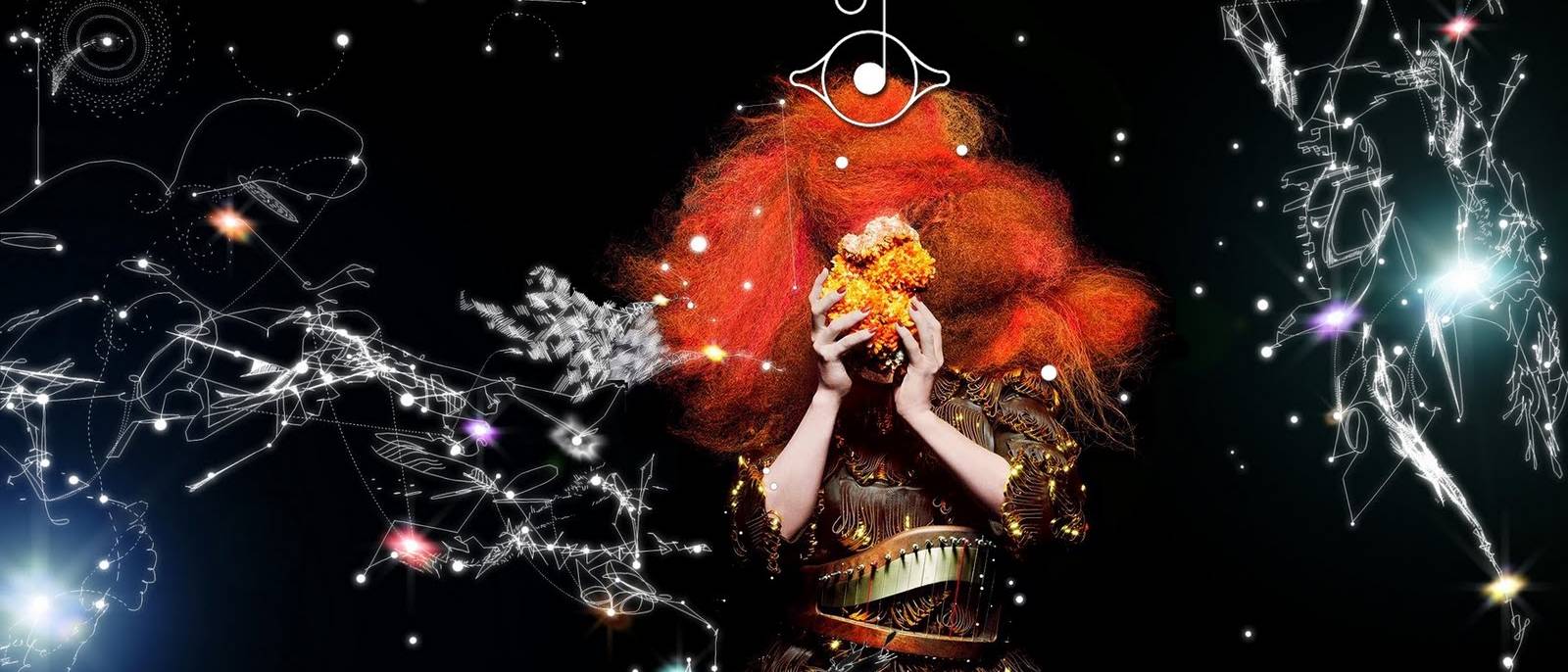Biophilia: A Revolutionary Educational Project By Björk
Creativity, music, natural science, and technology combine in one spectacularly innovative, sensitive and relevant educational project.
Education is without a doubt one of the most tangible hopes for humanity. Perhaps from within this realm, it’s possible to generate deep, global, and true transformation. For this reason, the most innovative and conscientious educational projects – those seeking to advance solutions to our deep needs as a species – are treasured, worthy of greater attention, care, and dissemination.
Among the many examples of new educational models is one unlike any other. Created by Icelandic artist, Björk Guðmundsdóttir, the Biophilia Educational Project is based in the use of creativity as a research tool and teaching in music, technology, and natural sciences combined in a beautifully innovative way.
The unique project was developed in parallel with the composition of Björk’s album Biophilia (2011) and entailed the creation of several mobile applications, all of which are also musical and educational artifacts. The tour for the album included not only concerts but also itinerant educational workshops and custom instruments created especially for the music on the disc. Each song on Biophilia then has its own application, and each application explores aspects of musical theory (rhythm, scales, counterpoint, etc.) and these are then used to represent scientific phenomena.
The Biophilia Educational Project was created especially for children between 10 and 12 years of age. It consists of participatory workshops in developing the musical imagination and to create in a free and responsible way, while being inspired by the phenomena and structures of the natural universe, hence the project name.
Biophilia students learn composition and musical collaboration with teachers of all types: artists, scientists, academics and students at many levels. A space of exchange and debate, the purpose is to provide room for personal and social growth and for the development of more highly conscious societies.
Teaching children to develop creativity while learning about music, nature, and science (all using new technologies) is a brave idea from one of the most visionary artistic minds of our time. The break with conventional educational techniques and the transfer of teaching to a more interdisciplinary model speak not only of her spectacular imagination but also of a deep awareness of the urgent need of contemporary humanity.
Education is the most powerful weapon for improving the world in which we live. The proliferation of projects like Biophilia could transform the consciences of children, the planet’s future caretakers.
Related Articles
7 Recommendations for Organizing Your Library
For the true bibliophile, few things are more important than finding a book from within your library.
Red tea, the best antioxidant beverage on earth
Red tea is considered to be the most unusual of teas because it implies a consistently different preparation process. ––It is believed that its finding came upon surprisingly when traditional green
A brief and fascinating tour of the world's sands
To see a World in a Grain of Sand And a Heaven in a Wild Flower, Hold Infinity in the palm of your hand And Eternity in an hour. - William Blake What are we standing on? The ground beneath our feet
Strengthen your memory with rosemary oil
For thousands of years rosemary oil has been traditionally admired and used due to its many properties. In the Roman culture, for example, it was used for several purposes, among them cleansing, as
Literature as a Tool to Build Realities
Alain de Botton argues that great writers are like lenses through which we can see an infinite array of possibilities.
Mandelbrot and Fractals: Different Ways of Perceiving Space
Mathematics has always placed a greater emphasis on algebra, a “purer” version of itself, one that is more rational at least. Perhaps like in philosophy, the use of a large number knotted concepts in
Luis Buñuel’s Perfect Dry Martini
The drums of Calanda accompanied Luis Buñuel throughout his life. In his invaluable memoirs, published under the Buñuel-esque title, My Last Sigh, an entire chapter is dedicated to describing a
A Brief Manual of Skepticism, Courtesy of Carl Sagan
Whether or not you’re dedicated to science, these tips to identify fallacies apply to any form of rigorous thinking.
How to Evolve from Sadness
Rainer Maria Rilke explored the possible transformations that sadness can trigger in human beings.
Alan Watts, A Discreet And Charming Philosopher Of The Spirit
British thinker Alan Watts was one of the most accessible and entertaining Western interpreters of Oriental philosophy there have been.










